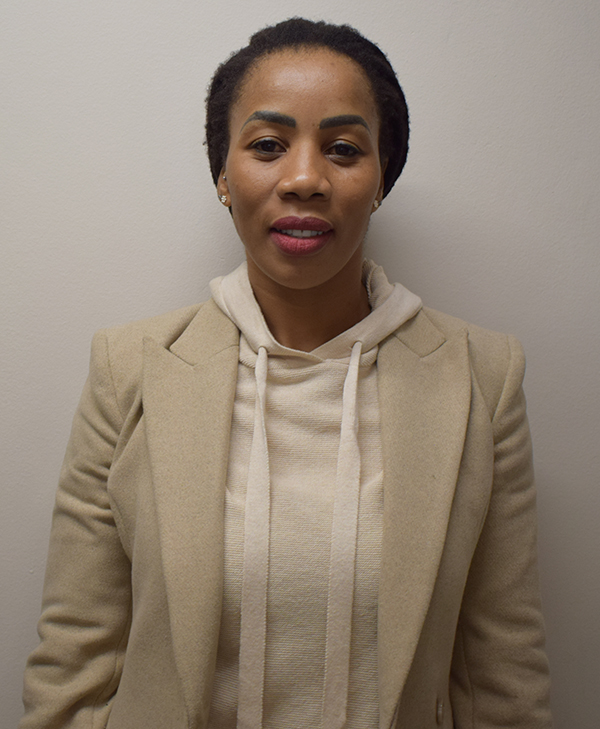When seeking legal assistance, community members often face significant barriers owing to inadequate financial resources. One way to connect members of the public with legal services is to use online channels.
This is one of the possible solutions outlined in the research work of Prof Lusanda Beauty Juta, acting deputy director of the School of Government Studies at the Mahikeng Campus of the North-West University (NWU).
"The limitations in funding and resources severely restrict the capacity of legal aid to provide comprehensive services, which ultimately affects the community’s trust in the judicial system,” says Prof Juta, who has dedicated her academic career to understanding the critical need for accessible legal services.
Legal aid providers typically depend on government funding, grants and donations to offer services to those in need, she says. Unfortunately, this funding frequently falls short, leading to a build-up of unresolved cases and delayed justice for many community members. This financial shortfall also limits the range of services that legal aid providers can offer, hindering their ability to handle complex legal situations effectively.
Inadequate financial support and resources, including insufficient staff and facilities, prevent legal aid providers from meeting the legal needs of all community members, particularly those from low-income backgrounds. This disparity prolongs structural inequalities, as individuals unable to afford private legal services remain underserved.
Prof Juta’s research highlights the importance of providing convenient access to legal assistance through technological and electronic platforms. “To address the diverse legal requirements of community members, it is essential to leverage technology to facilitate access to legal services. This would enable community members to submit their legal grievances online and be matched with suitable legal aid providers,” she says.
Prof Juta also advocates the integration of traditional or communal mechanisms to complement the formal legal system. This integration could enhance community engagement and ensure that legal aid is more accessible to those in need. Her collaborative efforts on the Mahikeng Campus have shown positive impacts on worker recruitment and retention, which are vital for maintaining effective community ties for social and legal matters.
Since community involvement is crucial for providing legal assistance and fostering trust, respect and partnership, Prof Juta emphasises the significance of volunteering to support both police and civilian staff in addressing various legal needs. (See the text box on how to get involved.)
Through conferences, symposiums, workshops and seminars, Prof Juta has worked with government officials, community leaders and policymakers alike to exchange knowledge and enhance understanding around the vital role of community engagement in capacity building. Her findings further shed light on the necessity for community involvement in utilising local knowledge, skills and ideas to achieve self-sufficiency in key areas such as agriculture, education, health and social services.
What active citizens can do
Active citizens can help make communities safer and more equitable, says Prof Juta.
Community members can participate in citizen advisory boards, which should include representatives from local businesses, churches, community organisations, youth groups, local government and law enforcement. This diverse representation can offer valuable guidance and support for implementing effective strategies to reduce crime, alter public attitudes, and promote constructive engagement.
She also supports awareness raising among community members about the legal assistance offered by the state, such as using police department websites to file complaints and commendations, ensuring transparency in managing this information.
Community members should also participate in crime-preventive structures such as the community policing forums and youth desks, as these are accessible and effective platforms to engage positively with law enforcement.
“The involvement of the Mahikeng Campus in community legal assistance could also extend to academic pursuits, with students and staff participating in law enforcement surveys. This feedback can guide community policing efforts and foster stronger collaboration between law enforcement and residents,” says Prof Juta.
She advises community members to follow their local police on social media for updates on activities, crime alerts and other important information.

Prof Lusanda Beauty Juta, acting deputy director of the School of Government Studies, is making legal aid accessible to the community.
